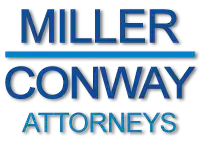When Has An Insurance Company Acted in Bad Faith? Charleston Personal Injury Lawyers
When a liable party is involved in a car wreck, his or her insurance company has a duty to defend unless there is some reason not to. The reason you pay your premiums every month is so that you are covered in the event of an accident up to the amount of your coverage limits. It’s called insurance, but, unfortunately, some insurance companies look for every reason not to pay even when there is a legitimate claim presented. Occasionally, this even gives rise to a bad faith claim.
What is a “bad faith” claim? A bad faith claim arises when an insurance company has been notified by the party that it has a duty to settle for the policy limits in order to protect the insured from any additional exposure. There are two types of bad faith claims: 1st party, where the insured sues the insurance company for failure to settle or failure to indemnify involving personal loss; and, 3rd party, where the insured is seeking defense or indemnification from a third party.
In South Carolina, an injured party can send a demand to the insurance company to settle for the policy limits in order to resolve the case when warranted. This is referred to as a “Tyger River” demand, or the “Tyger River” doctrine. Tyger River is discussed in detail in a related post here, but in essence, if the insurance company fails to protect the insured liable party by settling within the policy limits, the insurer will be subject to the total amount recovered at trial, even if it exceeds the amount of insurance available under the liable party’s policy. The reasoning is twofold: 1) to encourage the insurance company to settle when a reasonable offer is presented; and 2) to protect the insured party when it doesn’t.
In order to show bad faith in a first-party claim you must prove four elements:
(1) Existence of a contract;
(2) Refusal by insurer to pay benefits due under the contract;
(3) Resulting from the insurer’s bad faith or unreasonable
action in breach of the implied covenant of good faith and
fair dealing; and
(4) Causing damage to the insured.
Cock-N-Bull Steakhouse v. Generali Ins. Co., 466 SE2d 727 (SC 1996), discussed in depth here. For instance, if you had a loss by fire to your home, and the insurance company failed to cover you, you would have to prove those elements in order to recover under a bad faith action. Unfortunately, a standard has been set that the insurance company truly has no real duty to perform until a verdict has been entered in excess of the policy, encouraging an insurance company to force a meritorious claim to wait until trial to offer a reasonable settlement.
If you or somebody you know has been involved in a car wreck, it is wise to seek an attorney to review insurance policies to ensure that all available insurance is exhausted. Please contact one of our personal injury lawyers at Miller|Conway. We are a Charleston car accident lawyers located in Goose Creek handling personal injury cases throughout the Greater South Carolina region, including car accidents in Summerville, North Charleston and Downtown and we are here for you when you need us.
You may also follow Miller|Conway on twitter, facebook and the firm’s website. Miller|Conway, Goose Creek Car Accident Lawyers, helping individuals who have been injured in an accident. Personal injury lawyers in the Charleston Area, Goose Creek and Summerville.


